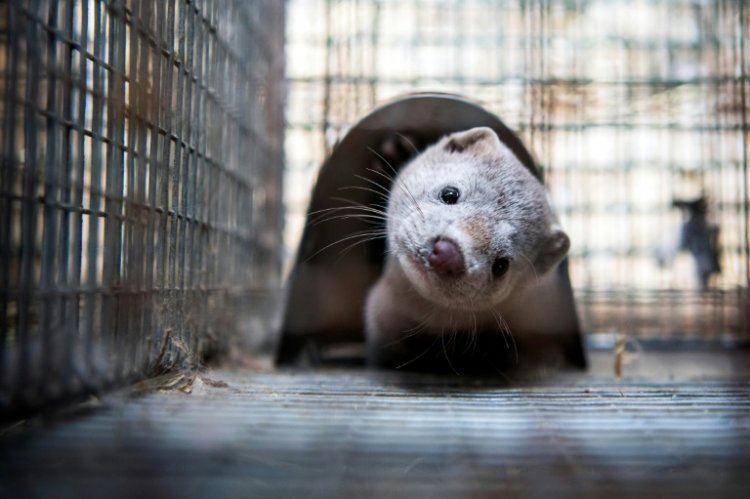10,000 Minks to Be Killed In Spain to Fight COVID 19

Almost 100,000 mink at a farm in north-eastern Spain are to be culled after many of them tested positive for coronavirus, health authorities say.
The outbreak in Aragón province was discovered after a farm employee's wife contracted the virus in May. Her husband and six other farm workers have since tested positive for the disease.
The mink, bred for their prized fur, were isolated and monitored closely after the workers became infected.
But when tests on 13 July showed that 87% of the mink were infected, health authorities ordered for all 92,700 of the semi-aquatic animals to be culled.
Authorities said financial compensation will be given to the company that runs the farm, based in a village 200 km (125 miles) east of Madrid.
Along with Madrid and Catalonia, Aragón is one of the coronavirus hotspots in Spain, where more than 250,000 infections and 28,000 deaths have been recorded since the start of the pandemic.
Joaquin Olona, Aragón's minister of agriculture, told reporters that the decision to cull the mink was taken "to avoid the risk of human transmission".
Mr Olona stressed that it was not clear if "transmission was possible from animals to humans and vice versa".
But one possibility, he said, was that an infected farm worker unwittingly transmitted the disease to the animals. Another unsubstantiated theory was that the animals passed on the disease to workers, he said.
There have now been more than a million cases of the virus in farmed mink in Europe, with studies underway to look at how and why it's gained such a foothold.
It's been known for a while that mink can catch the infection. And the conditions in a mink farm are such that the disease can spread quickly from one animal to another.
Covid-19 had its origins in the animal kingdom. There are now many opportunities for animals to be exposed through contact with humans carrying the virus.
Mink farmers were alerted to the problem when their animals fell sick. Conservationists are concerned that if the virus were to cross into wildlife, we might not notice for a while. And Covid-19 could be catastrophic for endangered animals, such as gorillas and chimps.















































